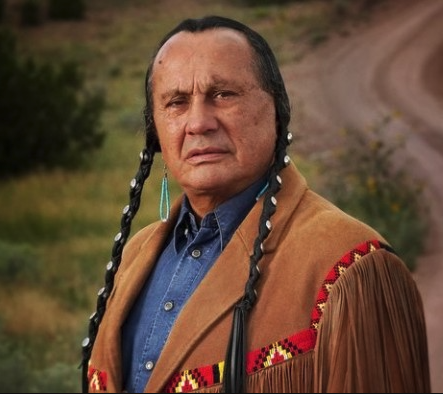Civil Rights
Strange Fruit
Strange Fruit was written and composed by Abel Meeropol and recorded by Billie Holiday in 1939. The song protests the lynching of Black Americans. Such lynchings reached a peak in the Southern United States at the turn of the 20th century, and the great majority of victims were black. The song contributed to the beginning of the civil rights movement.
Republic of Lakota
The Lakota are the freedom loving people from the Sioux Indian reservations of Nebraska, North Dakota, South Dakota and Montana who have suffered from cultural and physical genocide in the colonial apartheid system they have been forced to live under. They are continuing the work that they were asked to do by the traditional chiefs and treaty councils at the first Indian Treaty Council meeting at Standing Rock Sioux Indian Country in 1974.
Civil Disobedience
Thoreau argues that individuals should not permit governments to overrule or atrophy their consciences, and that they have a moral duty to avoid allowing a government to make them the agents of injustice. Thoreau was motivated to write this essay by his disgust with the U.S. system of enslavement and the illegal land grab commonly referred to in the U.S. as the Mexican-American War (1846-1848), and in Mexico as the Intervención Estadounidense en México (U.S. intervention in Mexico).






